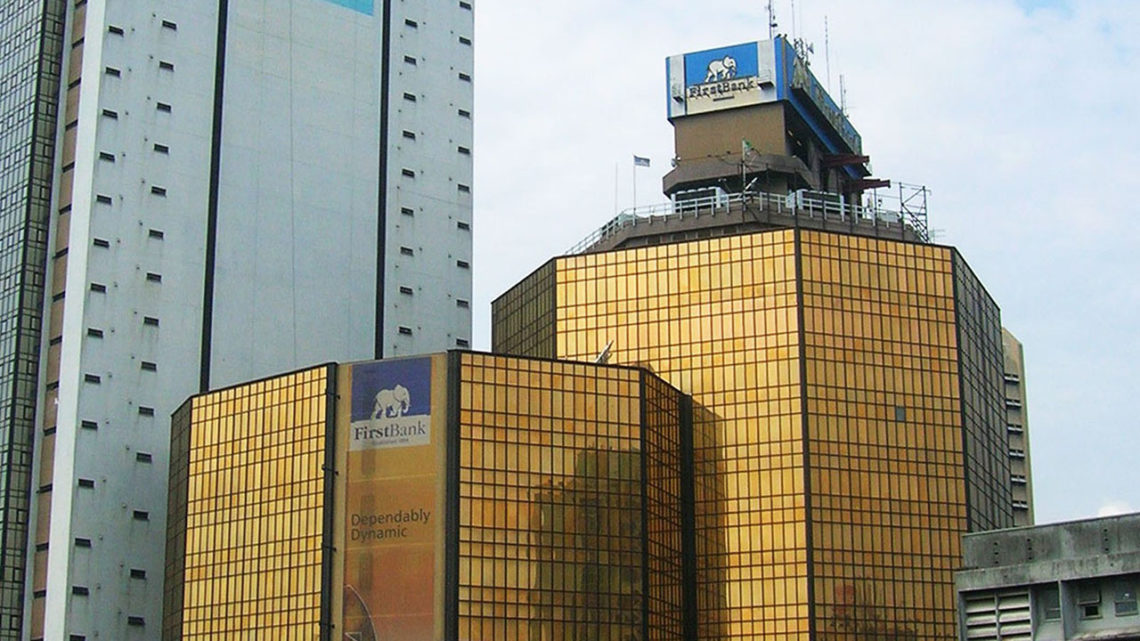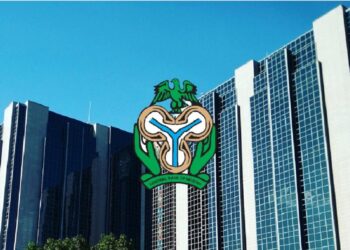The quick paced movement of net interest income in First Bank of Nigeria Holding Company’s (FBNH) First quarter run holds a message of the company’s s profit plan down the line. A look at the behavior of interest items in Q1 2022 and the full year ending December 2021, gives a clue where the company is headed.
In the company’s full year ending December, 2021, net interest income had negative growth relative to the year before yet profits doubled. Perhaps in a deliberate move, net interest income was yanked up by more than a quarter in the first three months of this year and bottom line responded by more than doubling. It does, therefore, appear that the company’s strategy for profit maximization is centered on growing interest income.
In the first quarter, interest income rose by 40 per cent to N109.5 billion from N78.4 billion but interest expenses was even faster paced at 43.4 per cent to N36.7 billion from N25.6 billion. This interaction between interest income and interest expenses shut up net interest income by 38 per cent to N72.8 billion from N52.8 billion.
Interest income is at the heart of maturity transformation, which is the hallmark of the business of banking. It also explains why fees and commission income were deemphasized, growing by a negative 0.93 per cent to N33.7 billion from N34 billion.
Indeed, loans and advances were grown by 6 percent to N3.1 trillion from N2.9 trillion to achieve the growth in net interest income. While growing the loans portfolio, the bank was cautious about tempering credit risk by allowing the loans to deposit ratio grow by only 40 basis points. It also did this while growing its deposit base to N6.14 trillion from N5.8 trillion.
So while growing interest income with an eye on controlling credit or default risk, FBH grew operating profit by a respectable 93.5 percent in the quarter under review to N36.6 billion from N18.9 billion. By implication, the company was able to tame the costs associated with and that traditionally weigh down on profits. It also means that the efficiency measures applied by the bank to keep costs down were effective.
Similarly, pretax profits which are an indication of whether a firm has a good handle on leverage or its borrowing costs rose by 93.2 percent to N36.5 billion from N18.9 billion. The concomitant effect of efficient operations and well-managed finance costs is a rise in net profit, which joined in the upward trajectory as it welled up by a whopping 108 per cent to N32.4 billion from N15.6 per cent.
As noted above, rising net interest income is a clear signal that the holding company, which includes First Bank, is going to continue in the same trajectory in the next three quarters. Apart from the bank’s efforts, the macroeconomic environment is likely to contribute to the growth with the recent cut in the Monetary Policy Rate (MPR) by the monetary Policy Committee (MPC).
The cut should launch the money multiplier and make the bank, and indeed all lending institutions able to lend more and therefore not only create more money in the economy but to rake in more in their bottom lines.
Meanwhile, in the year ending December 2021, FBN Holdings hit gross earnings of N757.3 billion, which is nearly 167 billion more than what was made the year before. In percentage terms, it is 28.2 percent better.
On the strength of the handsome rise in gross earnings, operating profit moved up to N166.9 billion from N83.2 billion while pretax profit shored at N166.7 billion from N83.7 billion. Finally, net profit doubled to N151.2 billion.





![[EDITORIAL] Giving Attention To Technical Skills In Nigeria](https://nationaleconomy.com/wp-content/uploads/2022/07/Youth-Skills-Day-75x75.webp)